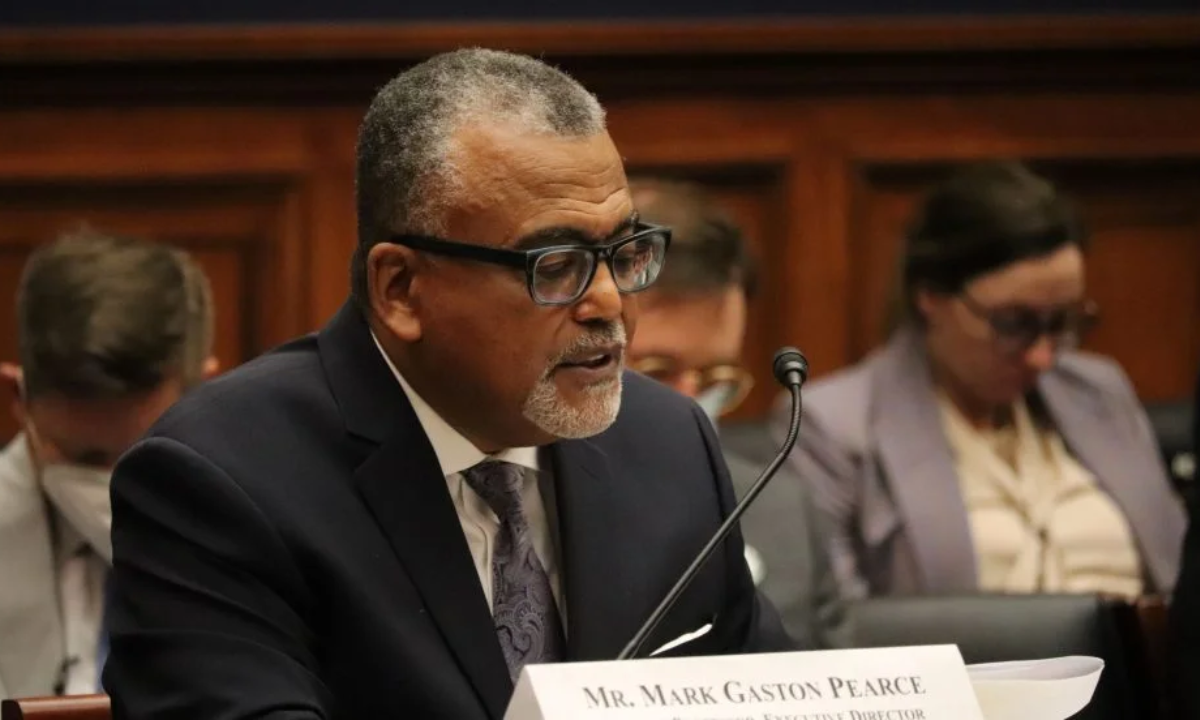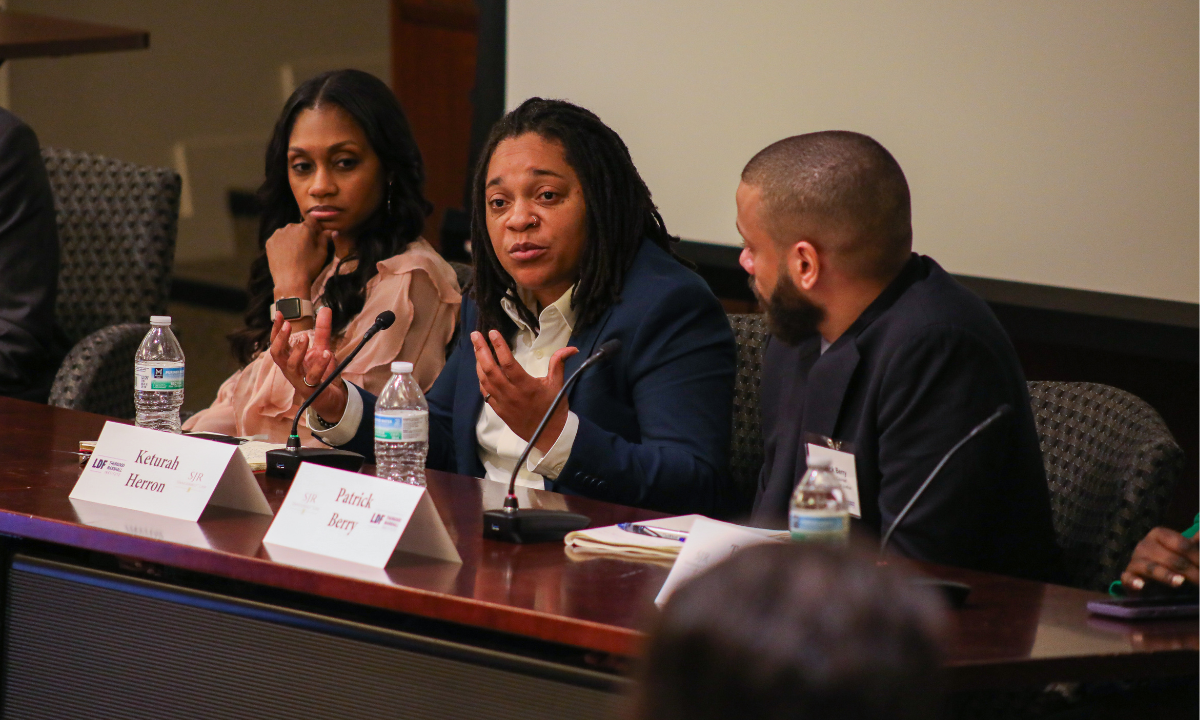Curry First graduated Vanderbilt’s Law School in 1968. Curry participated in civil rights work during law school that shaped the whole of his career, which included nonprofit work and private practice. Earlier this month, he returned to Vanderbilt for a presentation co-sponosred by the George Barrett Social Justice Program and the Public Interest Office.
The Path to Vanderbilt Law School
In 1965, Curry found inspiration in the passionate activism of Penn State students involved in the civil rights movement, prompting his initial engagement with the civil rights institute, which fueled his desire to pursue law. When considering law school options, he sought guidance from Jefferson Ford, the dean of the University of Pennsylvania Law School, who advised him that to effectively pursue a career as a civil rights lawyer, he should be situated in the South, suggesting Vanderbilt as an ideal choice.
The Race Relations Law Reporter (RRLR)
The RRLR, a social justice journal launched at Vanderbilt Law in 1956, became a cornerstone during Curry’s tenure, under the guidance of Professor Tom Sanders. Collaborating closely, Curry assisted with research assignments for articles focusing on contemporary civil rights issues, which garnered national acclaim. Despite the limited involvement of professors and students, there was no opposition or protest, even during tumultuous times such as Martin Luther King Jr.’s assassination. Reflecting on his experiences, Curry recalls pivotal moments like rushing to Memphis and St. Petersburg just hours after King’s death, as part of his commitment to social justice within his district council.
Central Committee for Conscientious Objectors (CCCO)
As a sub-race lawyer, Curry found himself in a unique position among his peers who were primarily focused on law school. Despite being somewhat of an outlier, he was never discouraged by his friends, who affectionately referred to themselves as the Socialists. This dynamic proved beneficial as Curry navigated through his early career. Through networking, he secured an interview for a position in military services. During this pivotal moment, an experienced colleague mentioned the CCCO, a notable Philadelphia organization rooted in Quaker principles, celebrating its 20th year of nationwide impact. The CCCO supports individuals who oppose military service due to conscientious beliefs. For over 20 years, they’ve provided legal aid, counseling, and advocacy to conscientious objectors across the United States, promoting awareness and understanding of their rights. Here is where Curry started his professional legal career.
Curry’s Experience with Civil Rights Cases
In his early court cases, Curry’s lack of experience was both a challenge and an advantage, as it allowed him to approach problems with humility and a willingness to learn. In his first federal court case in 1970, he represented David Schiss, who was facing charges related to his conscientious objection to military service. Despite Curry’s initial nervousness, the judge’s swift decision to remove the handcuffs from David, a 110-pound young man, encapsulated the essence of justice and fairness, marking it as one of the most profound experiences Curry had in his legal career.
Curry noted that case selection is enormously important, because in a case that can go to the federal court, jury trial, or bill court, the civil law firm is paying costs. To illustrate this point, he recounted representing a woman who experienced harassment at her workplace. Curry recalled a conversation where he asked the woman if she ever cried at work, prompting her admission. He mentions facilitating her therapy sessions with a psychologist, which ultimately empowered her to confront her fears and disclose her situation to her husband. This disclosure resulted in the termination of the harassing men, as they would not have been financially liable had they terminated her instead.
Curry’s experiences underscore the vital role of lawyers in championing humanity within the legal system, advocating for justice, empathy, and positive social change.


